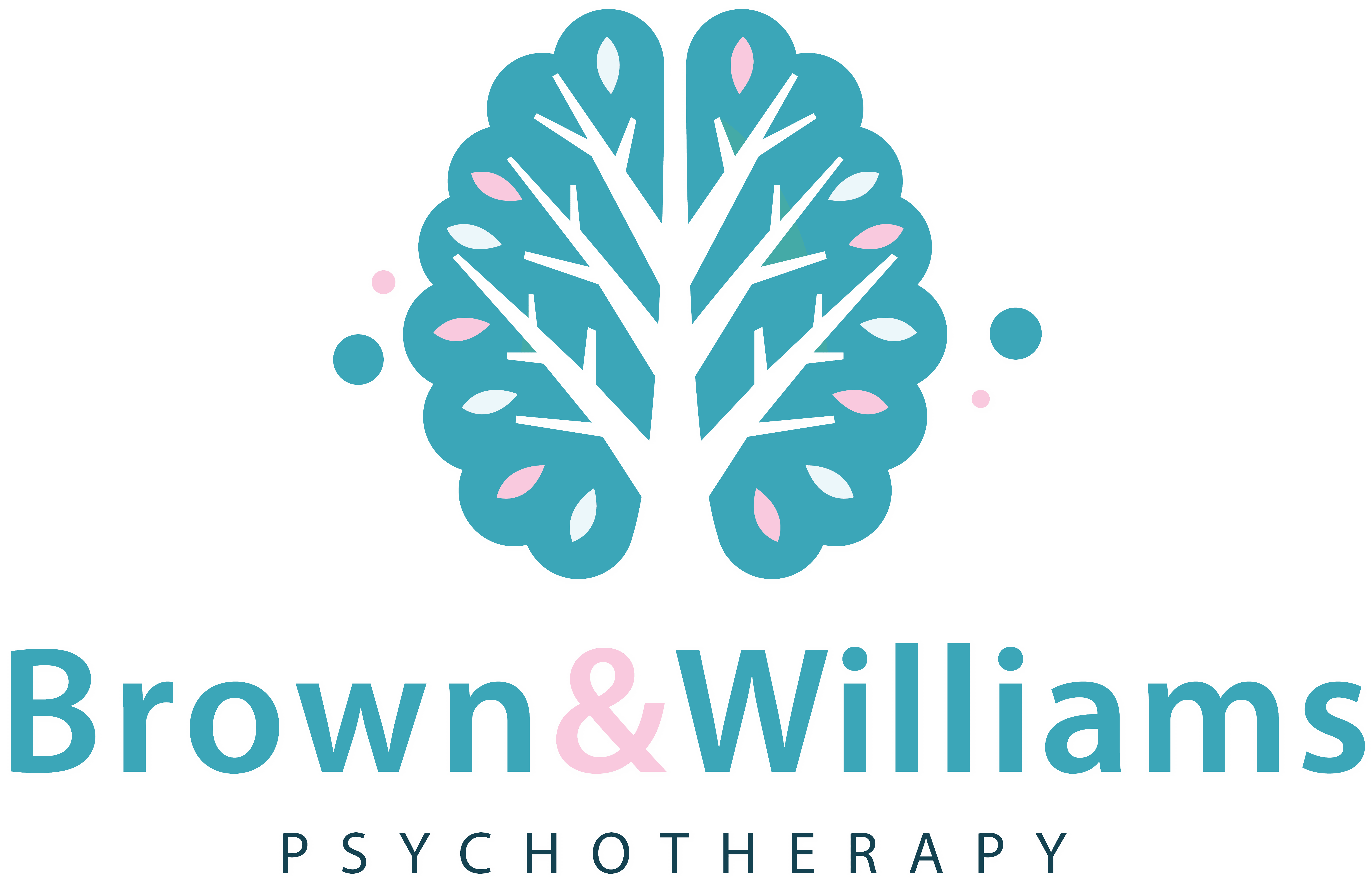For many adults, receiving an autism diagnosis later in life can feel like a whirlwind of emotions—relief, confusion, curiosity, and even a sense of grief for what might have been. If you’ve found yourself recently diagnosed, you’re not alone. Late autism diagnoses are becoming more common as awareness of autism spectrum disorder (ASD) expands and the understanding of how it presents in adults deepens.
Why Autism Goes Undiagnosed Until Adulthood
Many adults, particularly women and people of color, often go undiagnosed in childhood. This can be due to a variety of reasons, including:
• Masking behaviors: Many autistic individuals learn to “mask” or hide their symptoms to fit in socially.
• Outdated diagnostic criteria: Early diagnostic tools focused heavily on observable traits in young boys, leading to missed diagnoses in others.
• Misdiagnosis: Conditions like anxiety, ADHD, or depression often overshadow autism symptoms, leaving the core condition unrecognized.
If this sounds familiar, you’re not alone in wondering how you’ve navigated life without knowing such an important piece of your identity.
Common Signs of Autism in Adults
Many adults begin exploring the possibility of autism after noticing patterns or struggles in their lives, such as:
- Feeling overwhelmed by sensory input, like loud noises or bright lights.
- Struggling with social interactions, including difficulty reading social cues or understanding unwritten rules.
- Having intense interests or hobbies that provide comfort and focus.
- Finding routines and structure deeply comforting while change feels overwhelming.
- Feeling chronically exhausted from masking behaviors to fit societal norms.
These experiences can be validating when viewed through the lens of autism, but they can also spark questions about what this means moving forward.
What a Diagnosis Means
Receiving a diagnosis as an adult can unlock an entirely new understanding of yourself. It provides a framework for why certain things have always felt harder—or more natural—for you than for others.
Some benefits of a diagnosis include:
• Validation: Knowing that your experiences have a name and are shared by others.
• Self-awareness: Gaining insights into your needs, triggers, and strengths.
• Access to resources: Finding supports like therapy, workplace accommodations, and autism communities.
While a diagnosis doesn’t change who you are, it can open doors to understanding and growth.
Navigating Life Post-Diagnosis
Here are a few steps to take after receiving a late autism diagnosis:
- Embrace Self-Education
Dive into books, podcasts, and online communities about autism in adults. Hearing from others with similar experiences can provide reassurance and practical advice.
- Find Your Community
Connecting with other autistic adults can help you feel seen and supported. Look for local or online support groups, social media pages, or advocacy organizations.
- Reframe Past Experiences
A diagnosis can help you make sense of challenges you’ve faced in relationships, education, or work. This new perspective can be empowering and healing.
- Advocate for Your Needs
Autism is a spectrum, meaning every autistic person is different. Identifying your needs—whether sensory, social, or structural—and advocating for them in personal and professional settings is key.
- Be Kind to Yourself
It’s okay to grieve missed opportunities or feel overwhelmed. Give yourself time and space to process what this diagnosis means for you.
Strengths of Autism
While autism presents challenges, it also comes with incredible strengths. Many autistic adults excel in:
• Creative problem-solving
• Attention to detail
• Deep knowledge in areas of interest
• Honesty and authenticity in communication
Recognizing and celebrating these traits can help you see your diagnosis as a part of what makes you unique and valuable.
When to Seek Support
If your diagnosis feels overwhelming or if you’re unsure how to move forward, consider working with a therapist who specializes in autism. They can help you navigate self-discovery, manage challenges, and set goals that align with your strengths.
Final Thoughts
Discovering that you’re autistic as an adult can feel like an “oops” moment, but it’s also an opportunity for growth, understanding, and empowerment.
Your diagnosis doesn’t define you—it simply sheds light on who you’ve always been. By embracing this new chapter with curiosity and self-compassion, you can build a life that celebrates your authentic self.

